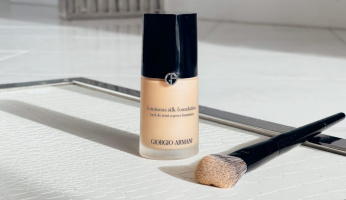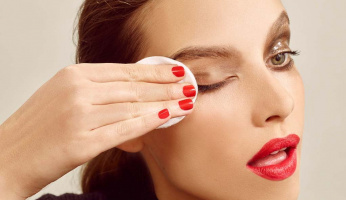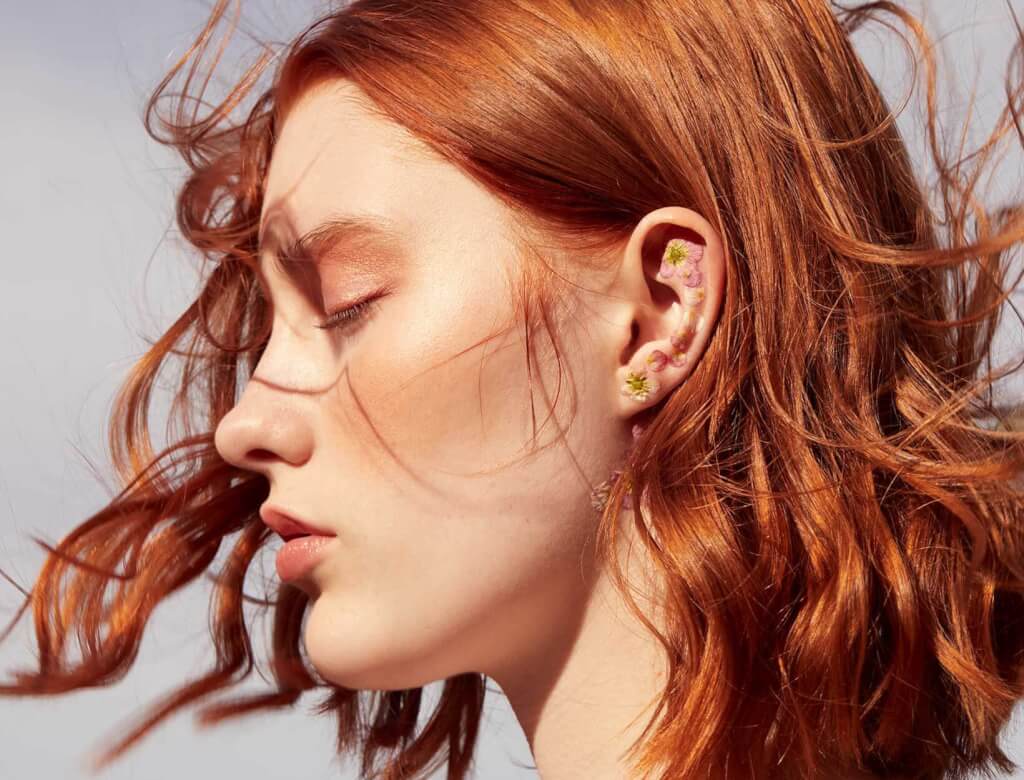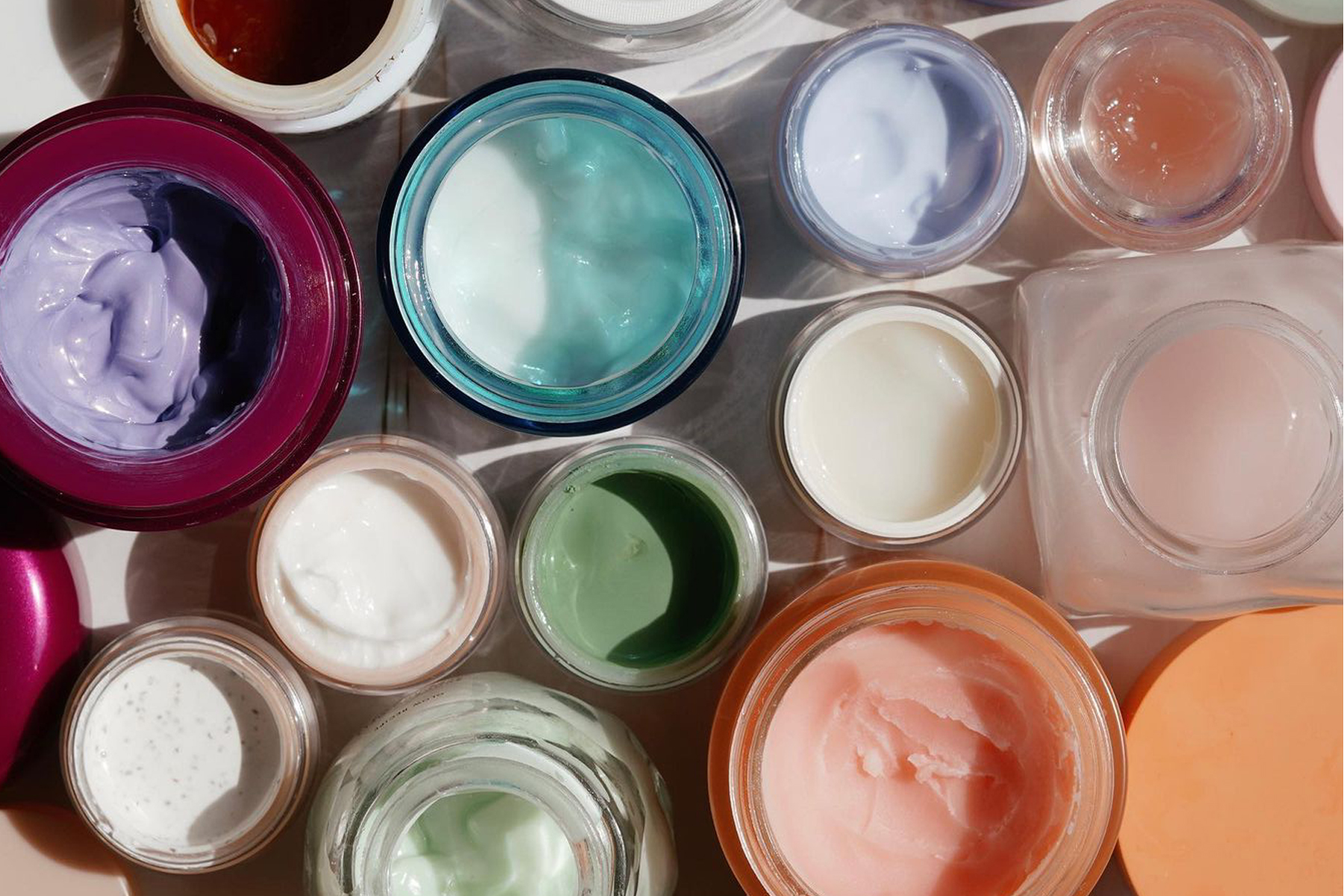Does Dimethicone Cause Hair Loss? Read This!
There’s a lot of back and forth about whether or not silicones are bad for our hair. And while silicone has its drawbacks to consider, there isn’t anything inherently dangerous about it. Silicone isn’t a toxic chemical and isn’t harmful to your health. But is it harmful to your healthy hair?
Common concerns about silicone can be hair dryness and buildup. You can minimize these concerns without removing silicone entirely from your hair products.
You can limit your use of silicone-based shampoos or products to once a week or only use a small amount. Dimethicone is one form of silicone that you need to be extra careful about. But does Dimethicone cause hair loss?
What is Dimethicone?
Dimethicone is a form of silicone. Most ingredients ending with -one are. It’s a non-water-soluble, silicone-based polymer. It’s typically used in beauty products and hair care products to give an impossibly smooth, almost slippery feel.
These properties can help to temporarily reduce the appearance of fine lines and wrinkles and works as a conditioning agent. Because it’s a non-water-soluble ingredient, it creates a barrier between your skin and your environment, which helps to prevent water loss.
Despite all the talk about Dimethicone causing hair loss, it’s safe when used for cosmetic purposes on your skin. When you’re talking about hair, this line gets a little muddier. This is because it is a heavy silicone that can coat your hair and weigh them down.
This makes it a not-so-great ingredient for anyone with curly hair, possibly altering your natural curl pattern. Although the slippery feel of Dimethicone can make detangling easier and give your hair that conditioned shine, it’s still a product that you should be using it sparsely.
Dimethicone is often also used in styling products such as curl creams which give a glue-like hold and reduce the amount of frizz. Although, that glue-like hold it has is what can cause long-term issues. Dimethicone can cause buildup very quickly, which will strengthen that barrier and prevent water from penetrating your hair. This will ultimately leave your hair damaged, causing split ends and dryness.
This being said, the myth of Dimethicone causing hair loss is not a huge worry. While you should be careful about using too much of this ingredient, Dimethicone essentially affects the health of your hair. It will affect your hair quality, not quantity.
Who should look out for Dimethicone?
Not all hair types should be using products with Dimethicone because of its longer-term problems and how it generally affects the hair. If you have curly or coily hair, chances are your hair is already dry, and Dimethicone can make that worse, ultimately leaving your hair feeling brittle.
It can cause breakage and split ends as well. Curly-haired girls often steer clear of silicones in the first place because they can be harsh on their already dry hair. If they use silicones, using water-soluble ones is the way to go. However, this rules out Dimethicone.
That being said, people with fine hair or hair thinning should also be careful. That velvety, slippery feel of dimethicone can make your hair oily and leave it flat and limp. It will remove any volume your hair has due to its ability to weigh down your hair.
If you struggle with thin hair, damaged hair or hair density, Dimethicone can make your hair look even more sparse and thin. Rather than helping provide volume and fullness, it will do the exact opposite and leave your hair feeling a mess.
How to remove silicone buildup!
Firstly, you have to identify which products have Dimethicone in them. You need to be looking out for shampoos and cleansers, conditioners, 2-in-1 products, hair styling products such as curl creams, leave-in serums, and conditioners and hair masks.
If you’ve been using silicone-based products back-to-back, you can be experiencing lots of buildup. There are some simple ways to get rid of this buildup to get back to your healthy, luscious locks.
The first way to do so is quite natural. Rather than using oils to combat silicone since its main purpose as an ingredient is to combat oil, try using vinegar. Apple cider vinegar is known to be a great way of adding shine to your hair, and it can also help to strip silicone buildup off your hair strands.
Although some vinegar may not be strong enough, many suggest mixing it with baking soda for an additional power source, effectively removing silicones.
Another way of stripping your hair from silicone buildup is using a clarifying shampoo. Clarifying shampoos hold no conditioners, moisturizers, or oils; they are purely meant to strip your hair of silicone. They can be very harsh so use them sparingly.
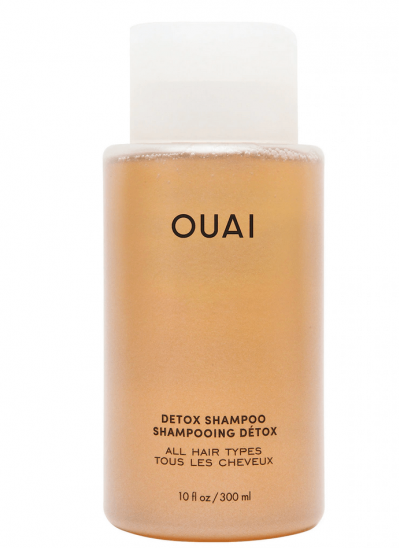
Limit your clarifying shampoos to once a month to avoid dehydrating your hair strands. Some of our favorite clarifying shampoos include the Ouai Detox Shampoo and Mizani Moisture Fusion Gentle Clarifying Shampoo.
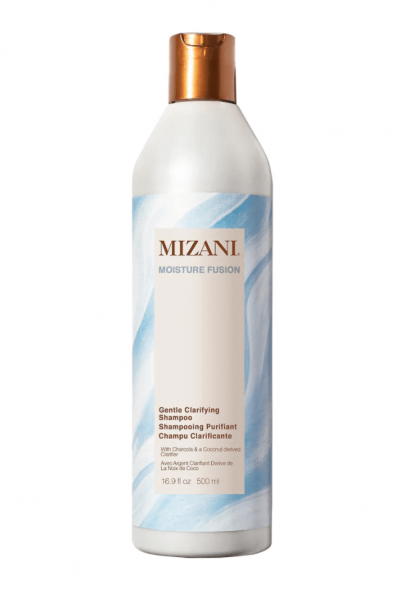
Dimethicone vs. Dimethiconol
Both of these ingredients are polymers that work in very similar ways. Dimethiconol has a higher molecular weight than Dimethicone and contains more alcohol.
Dimethiconol is great for resisting environmental elements such as weather that can cause your hair to frizz, puff, or grow over time. Dimethiconol is also a non-water-soluble silicone. These two ingredients are nearly identical, with few chemical differences.
Although, these differences don’t often affect their performance on your hair. While these two ingredients do have their differences, if you’re searching your ingredient list for Dimethicone, the two are almost interchangeable, and you should also be keeping an eye out for Dimethiconol.
So, are silicones bad for your hair?
The answer isn’t as simple as it sounds! Silicones can be damaging to your hair if used too often or in large quantities but, they can also be a great way to add shine to your hair as well as reduce weather-induced frizz.
Using silicones doesn’t have to be taboo as long as you’re not overloading your hair with them. If used correctly, they can leave your hair feeling soft, smooth, and hydrated.
This being said, keeping an eye on the quality of your hair over time if you are using silicones is very important. If you do experience buildup, it’s important to remove it so that your hair doesn’t get dry and brittle over time. Essentially, it comes down to how well you pay attention to your hair.
If you notice excessive hair loss, an overly greasy feeling, buildup, dryness, or more, then it may be time to consider switching to a silicone-free regimen for some time to get your hair back to where it needs to be. But ultimately, silicones are not bad for your hair!





